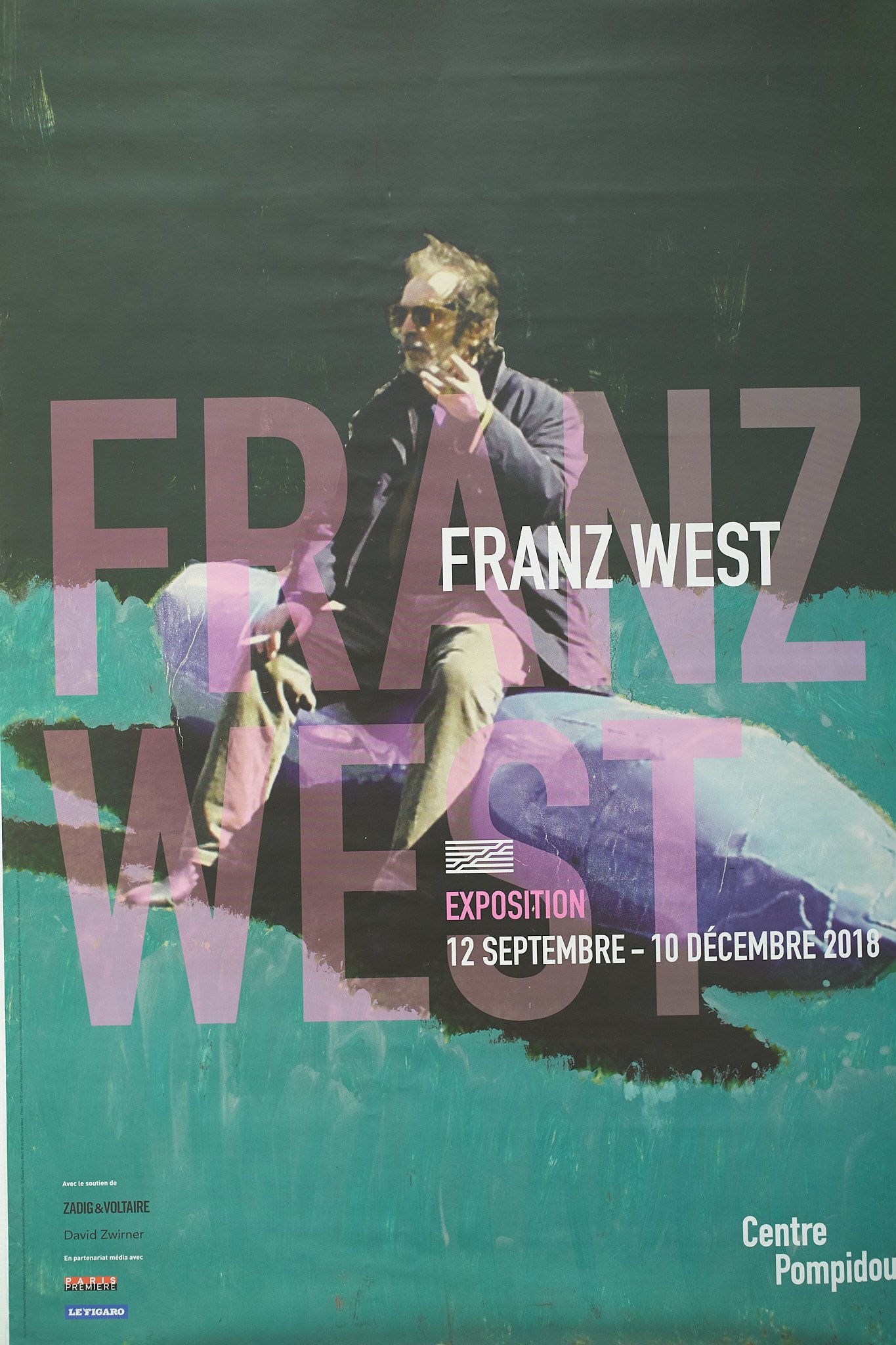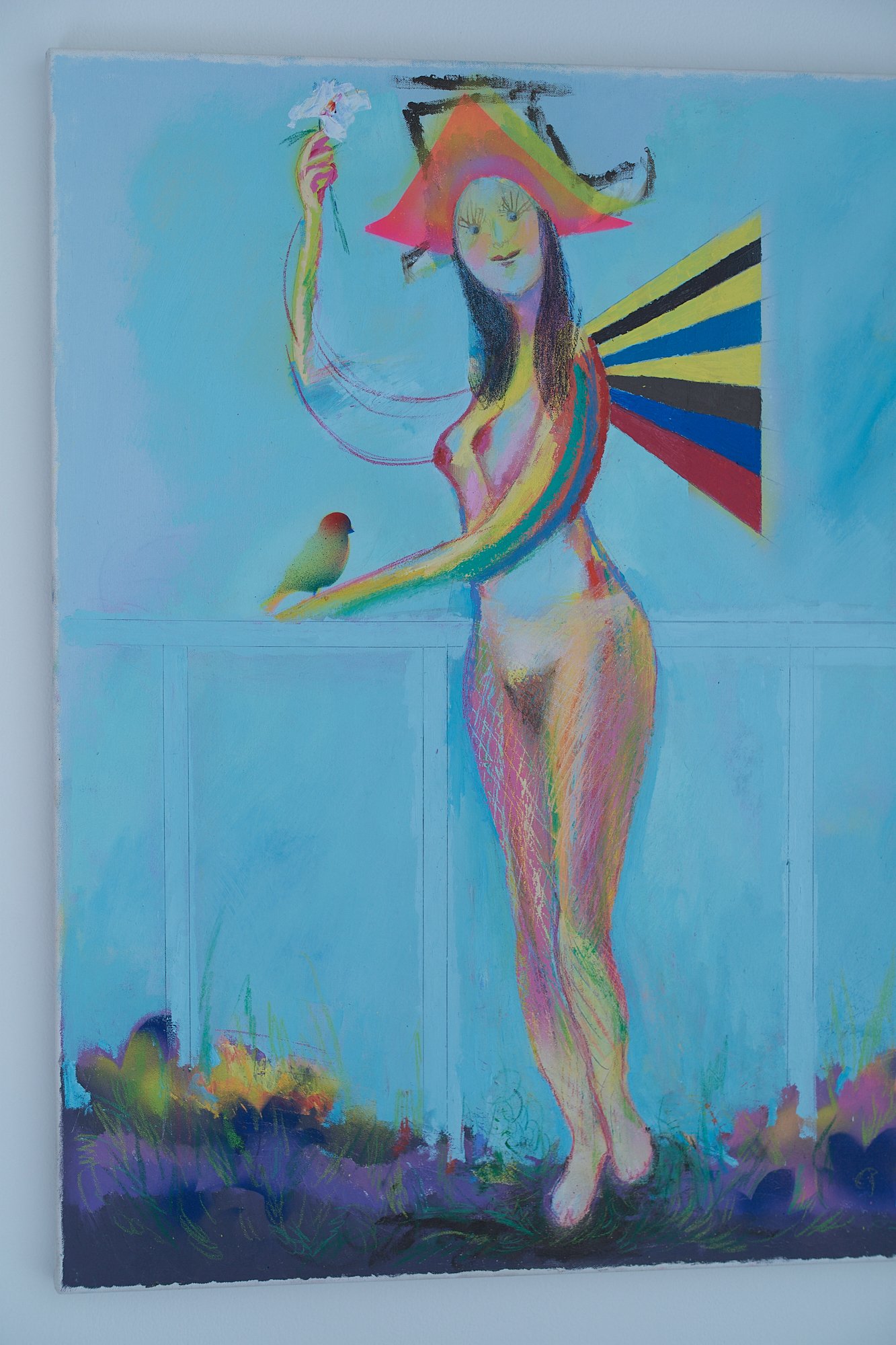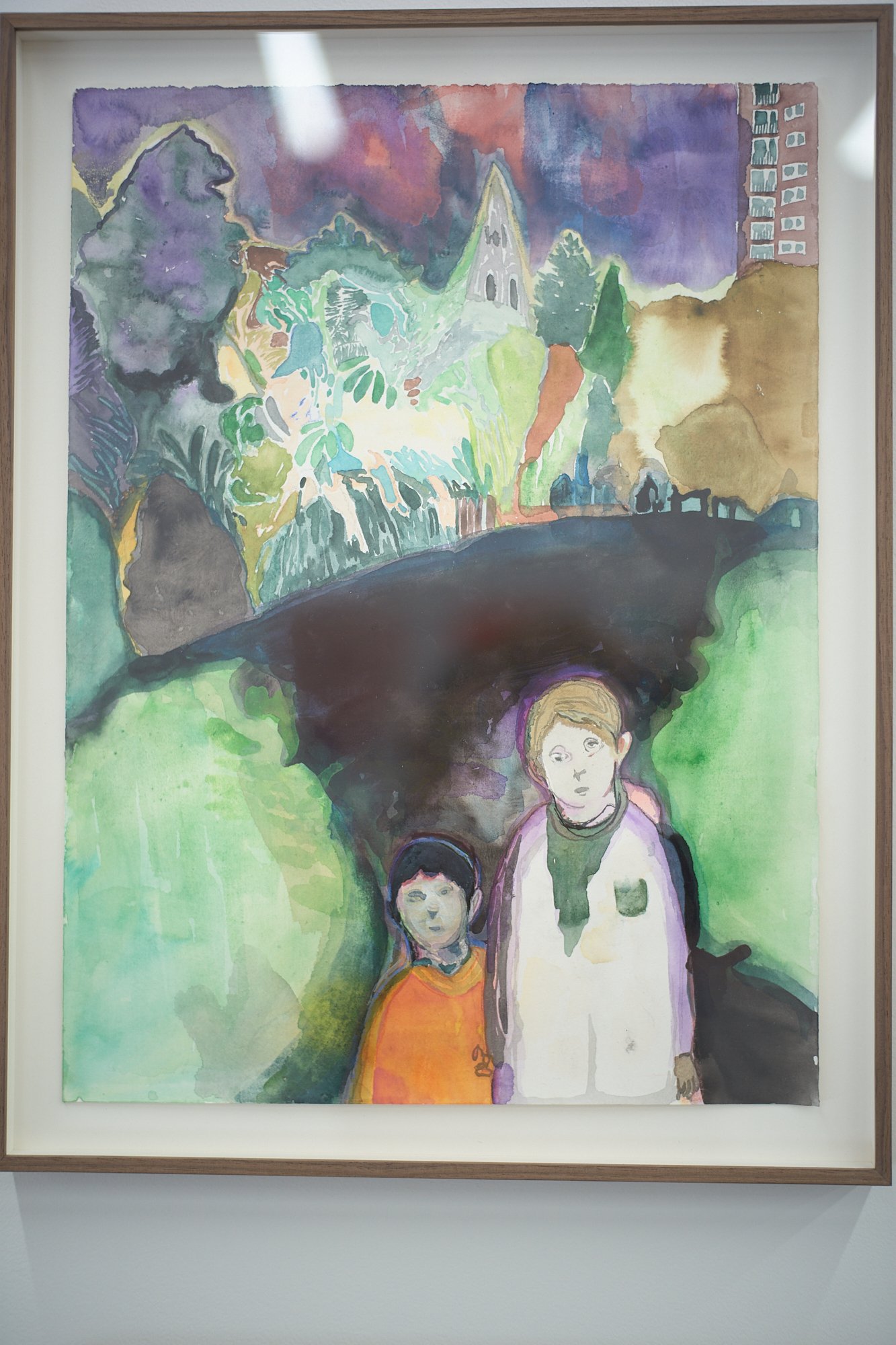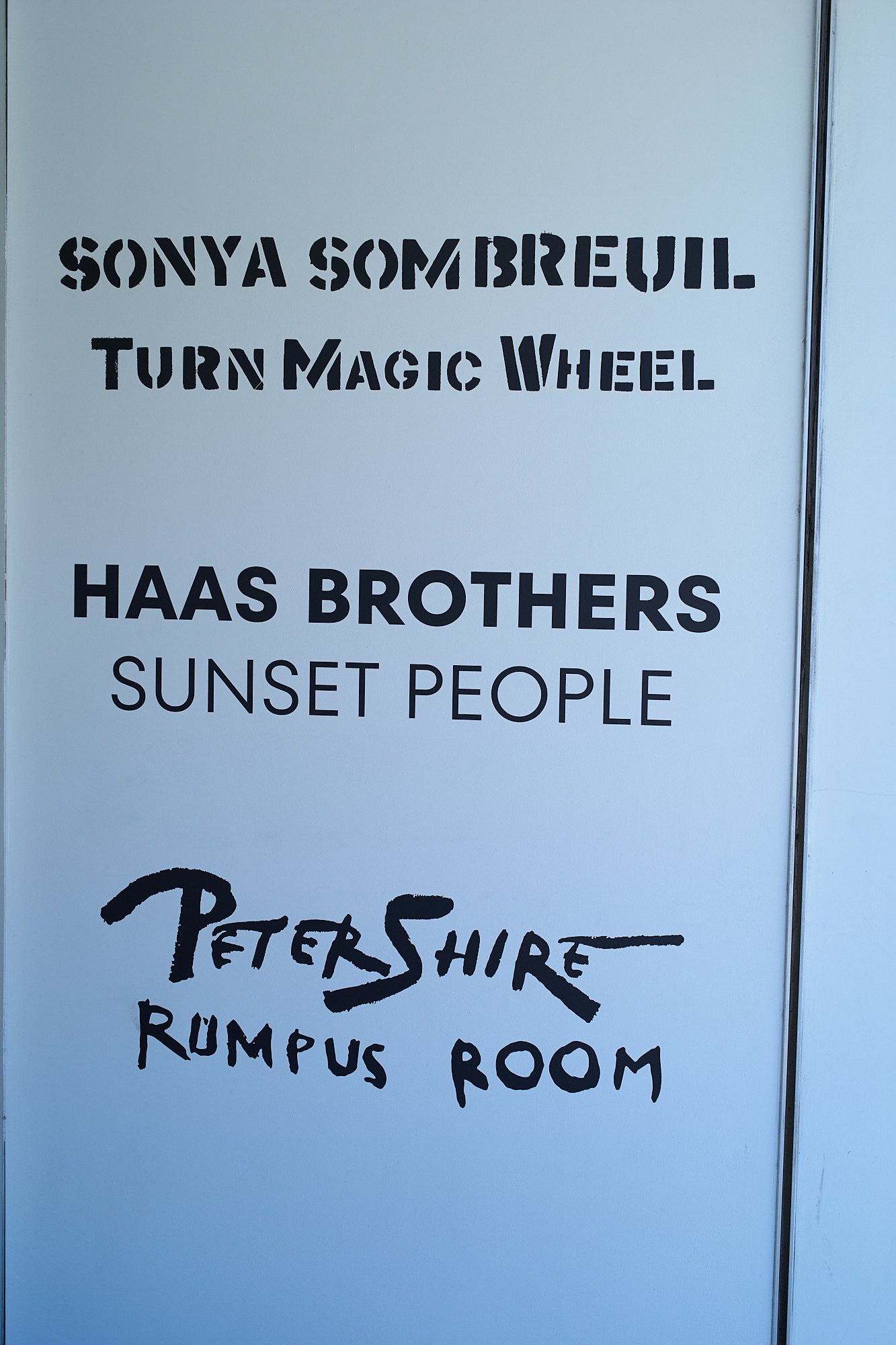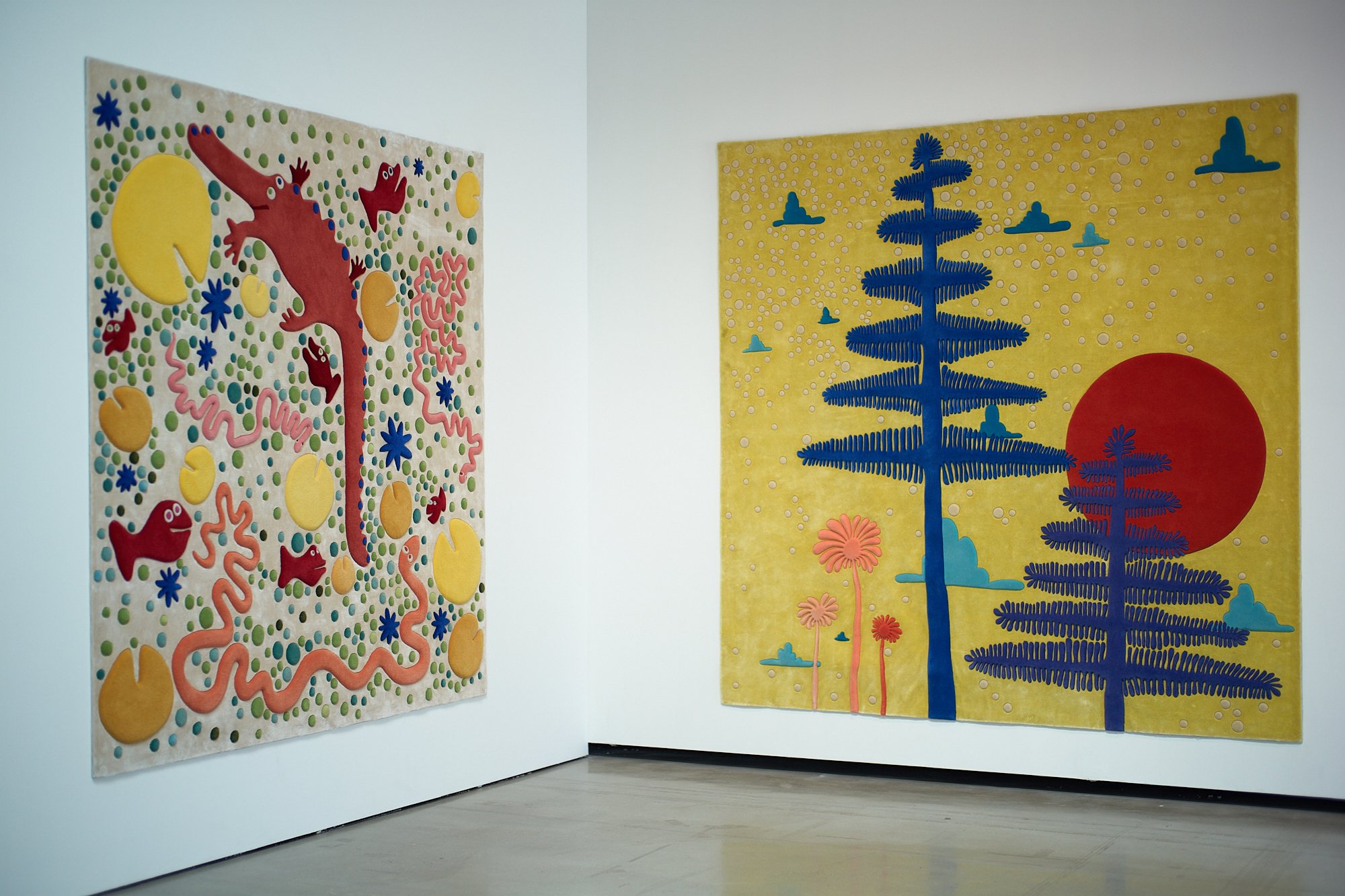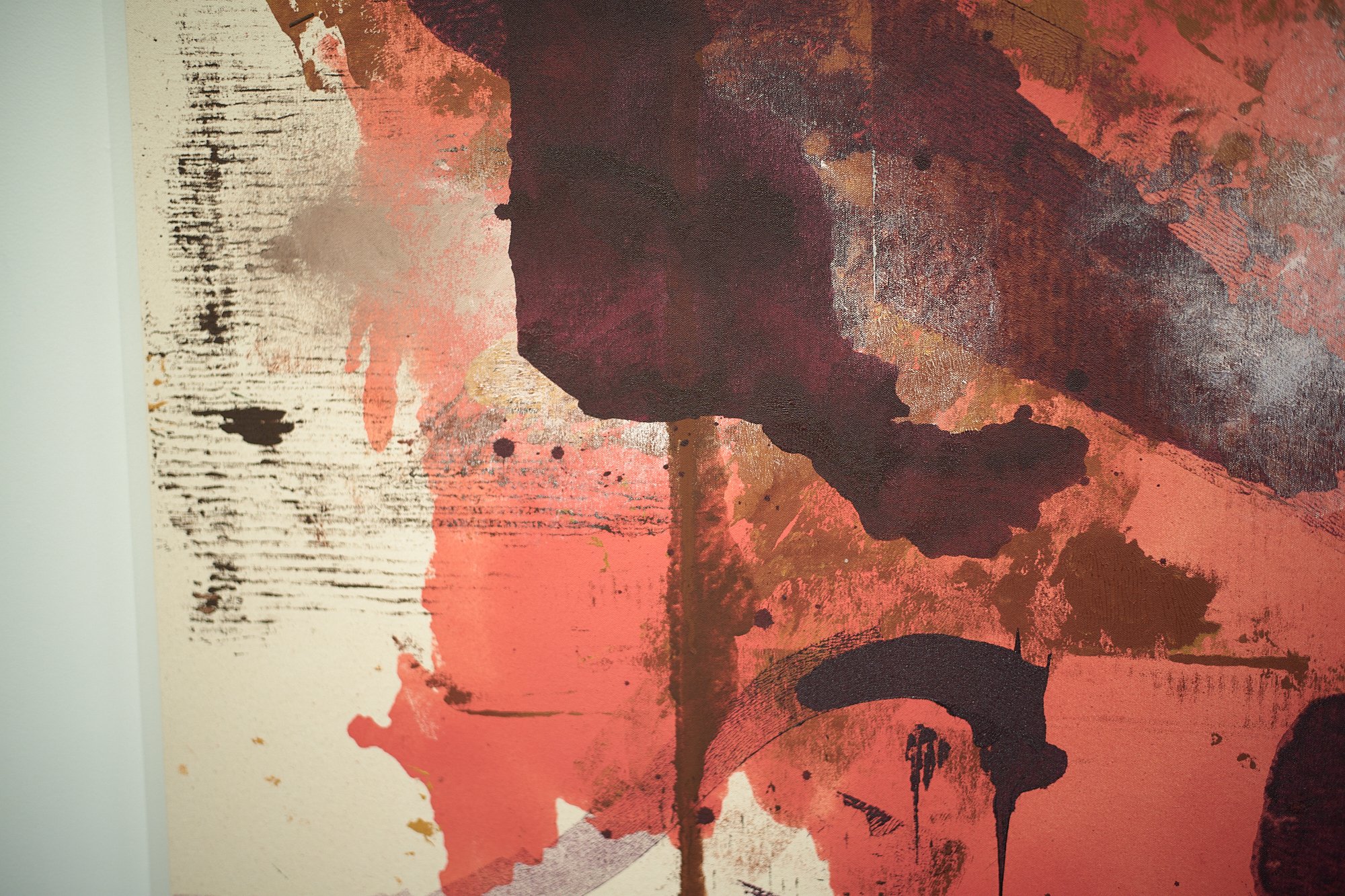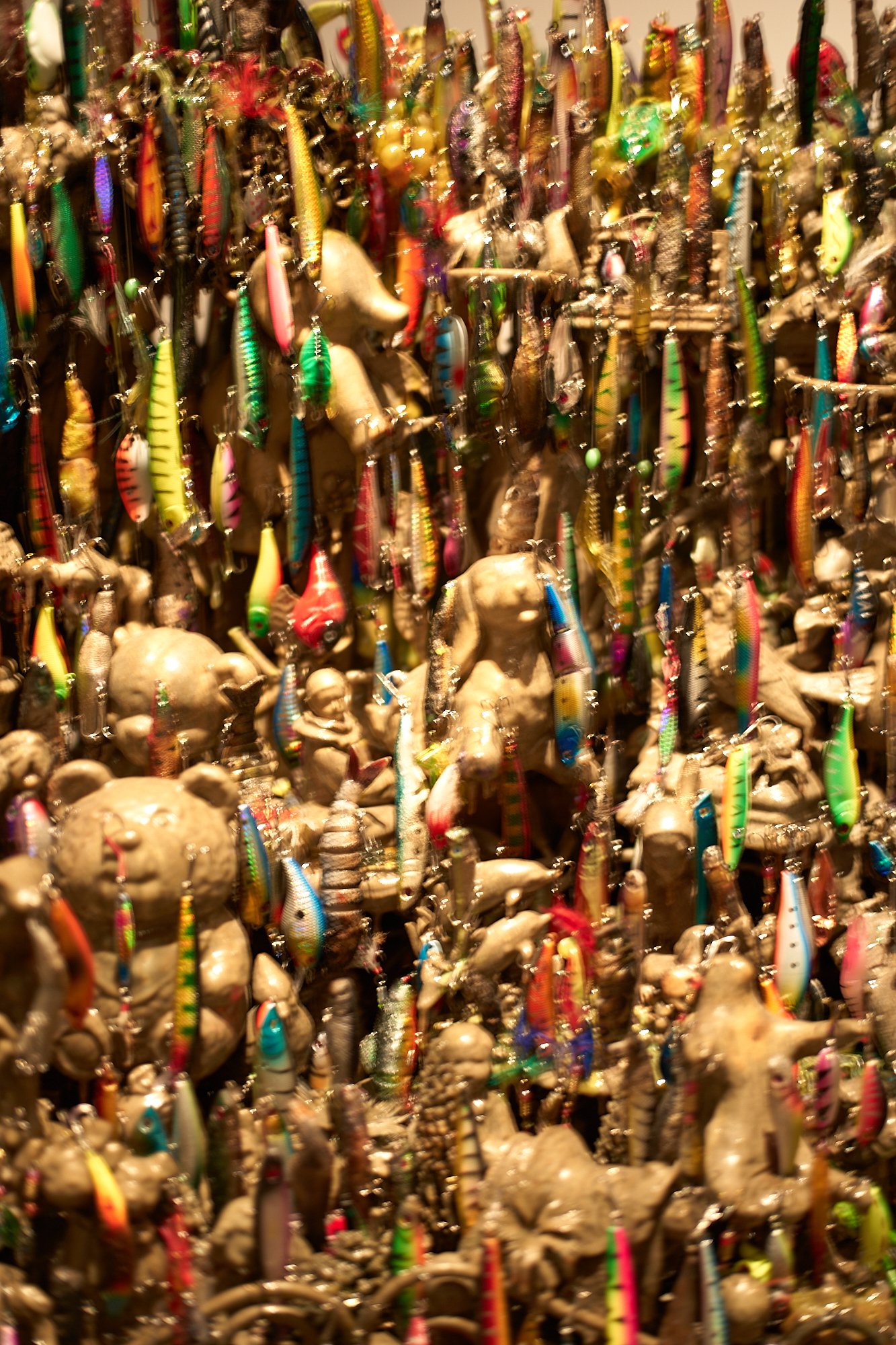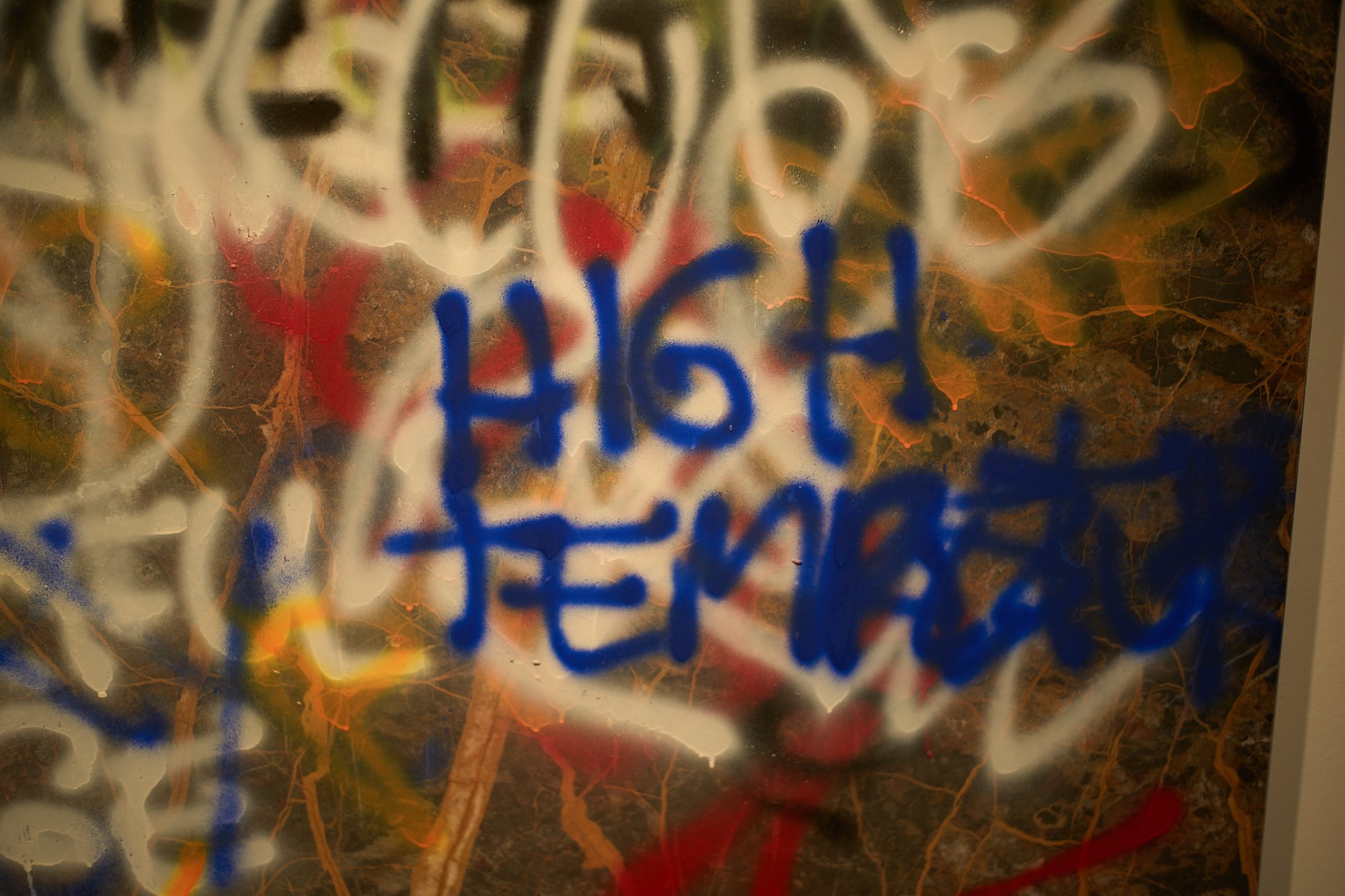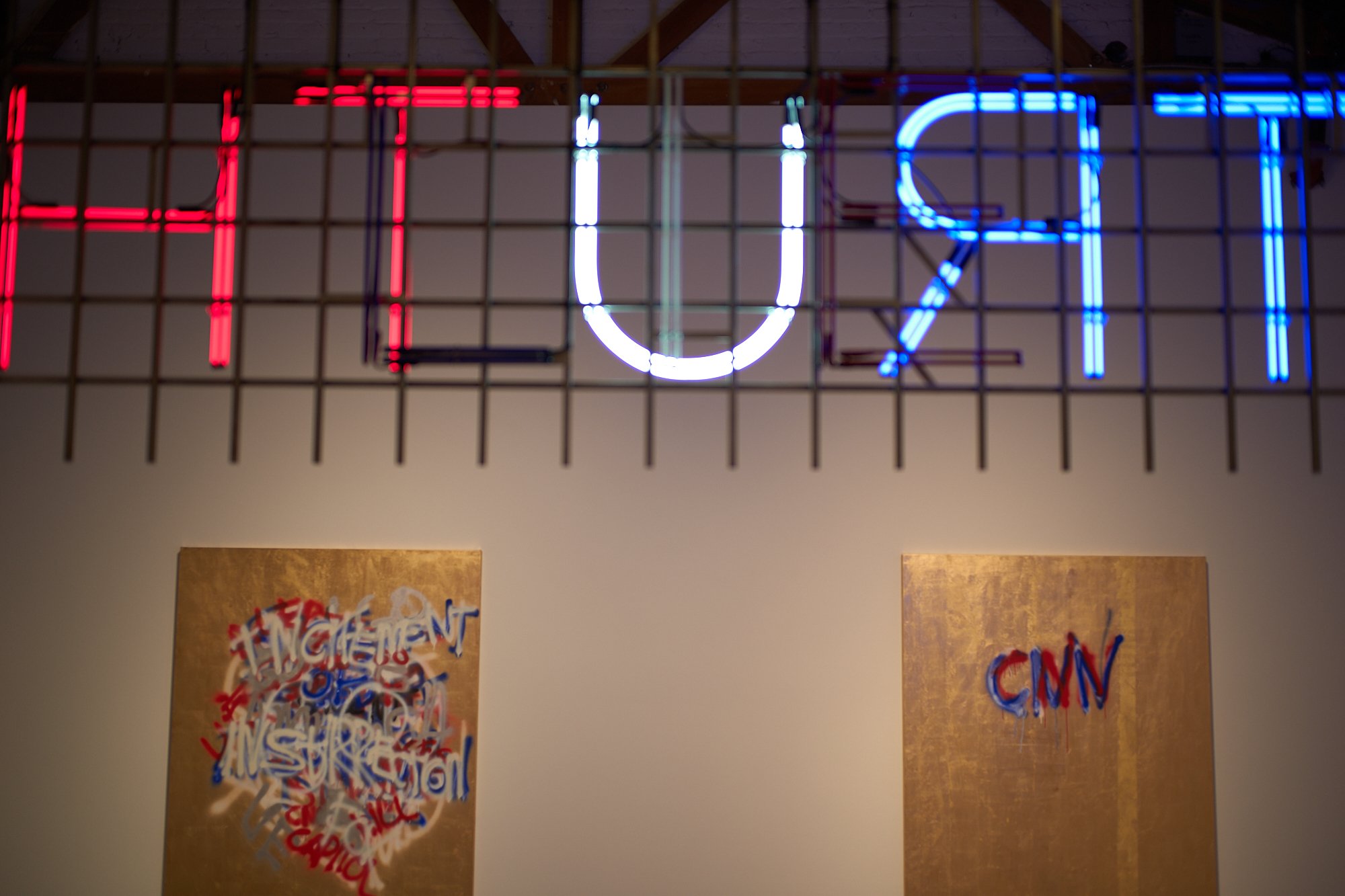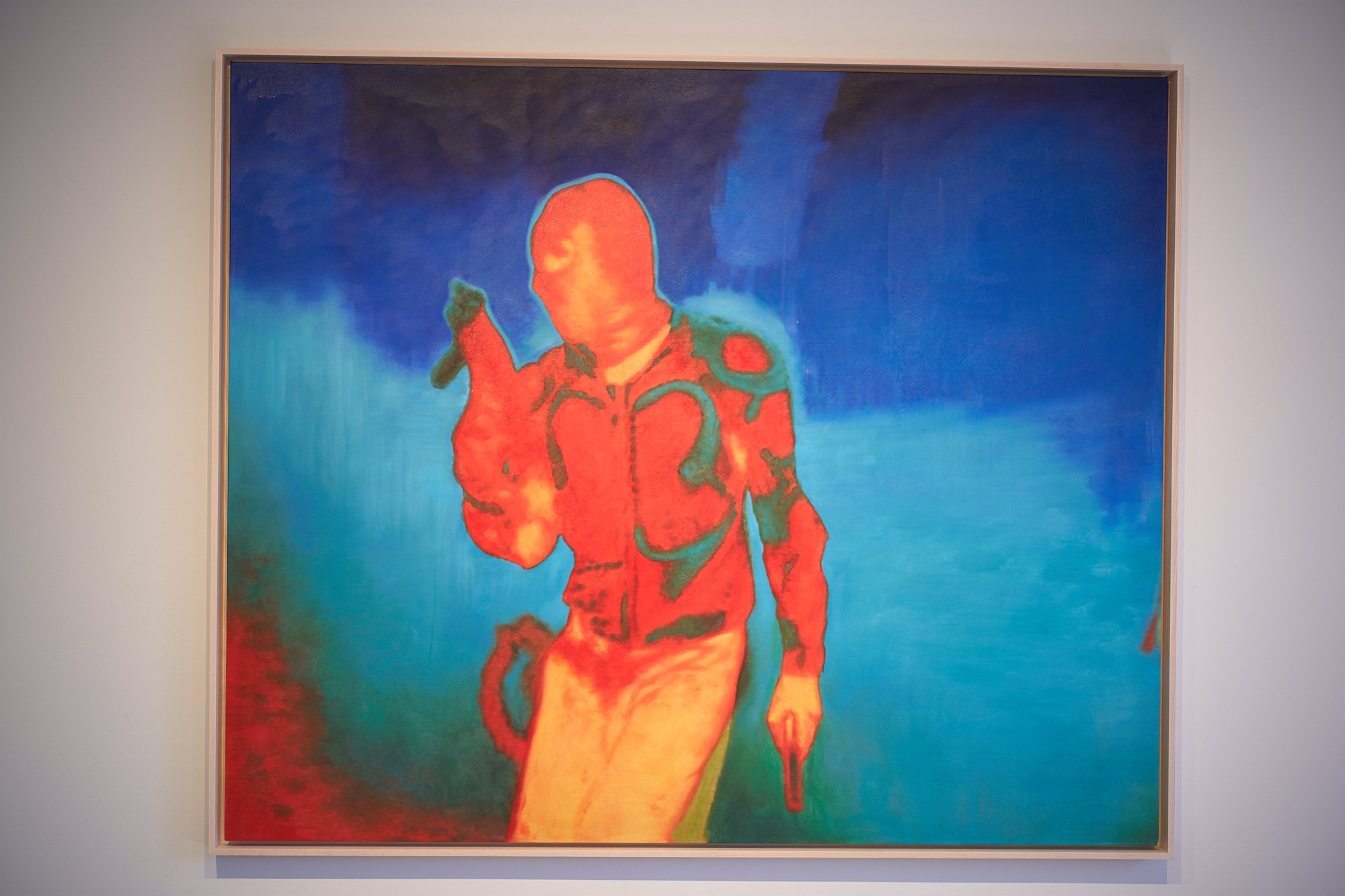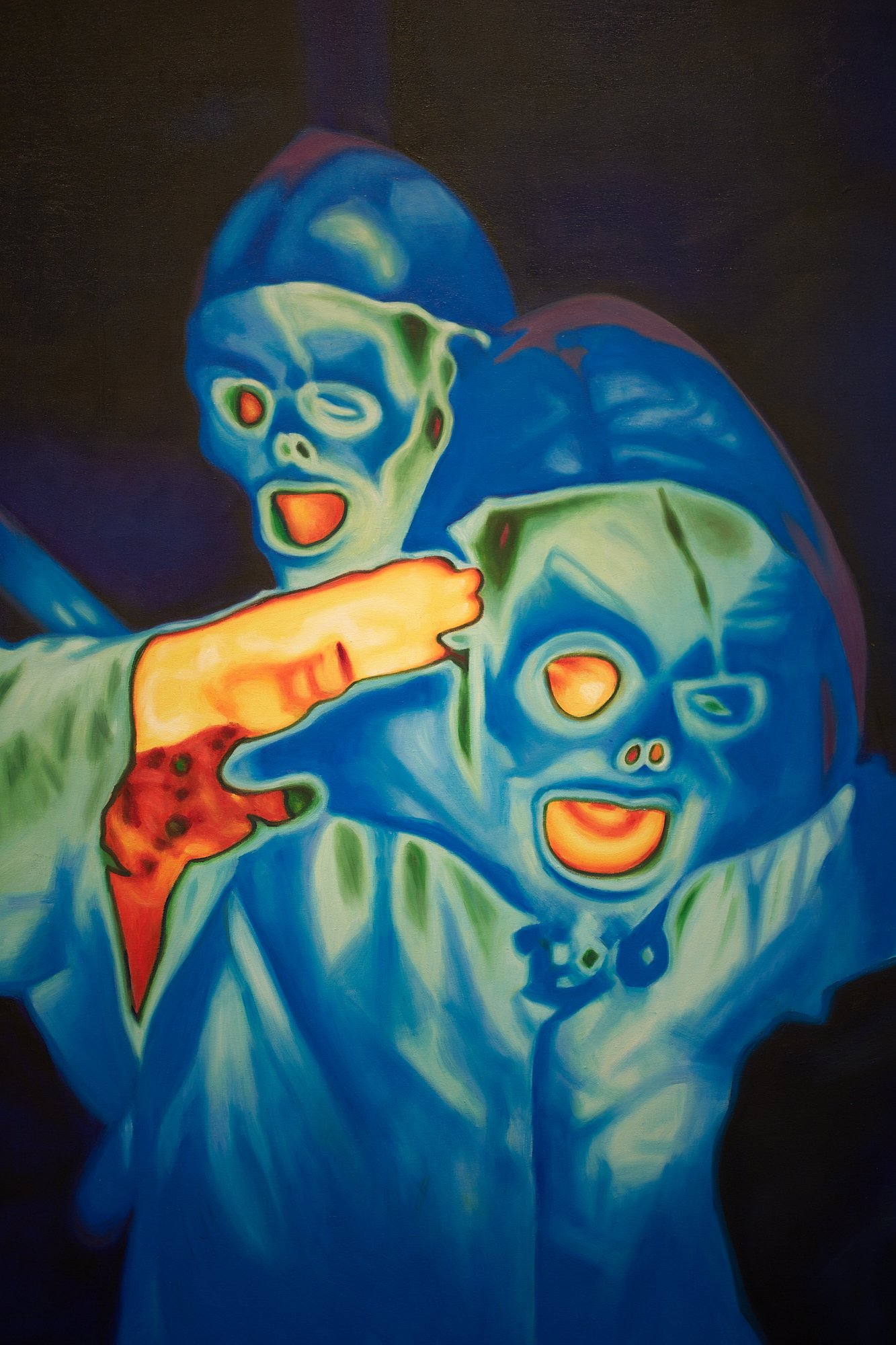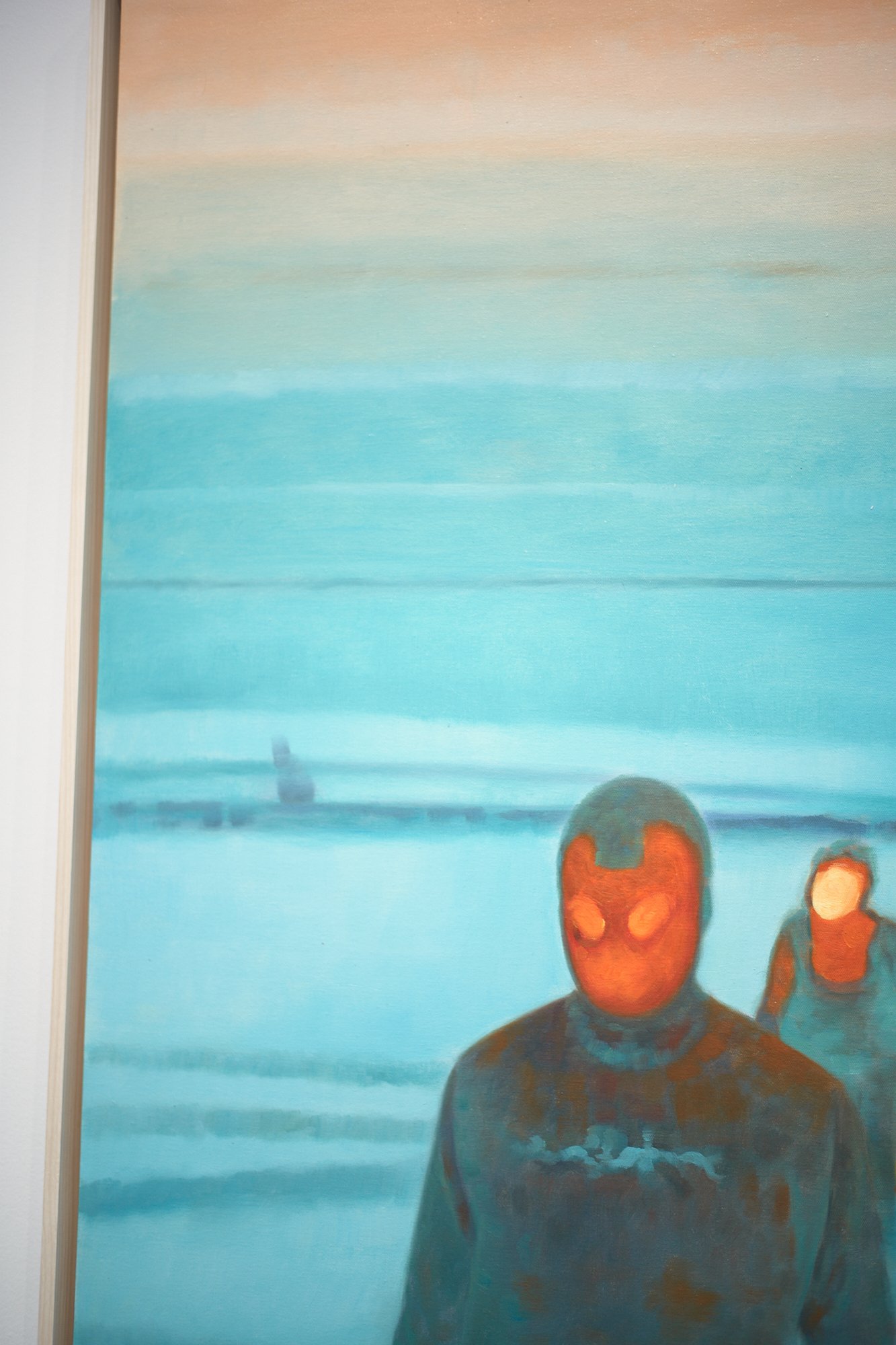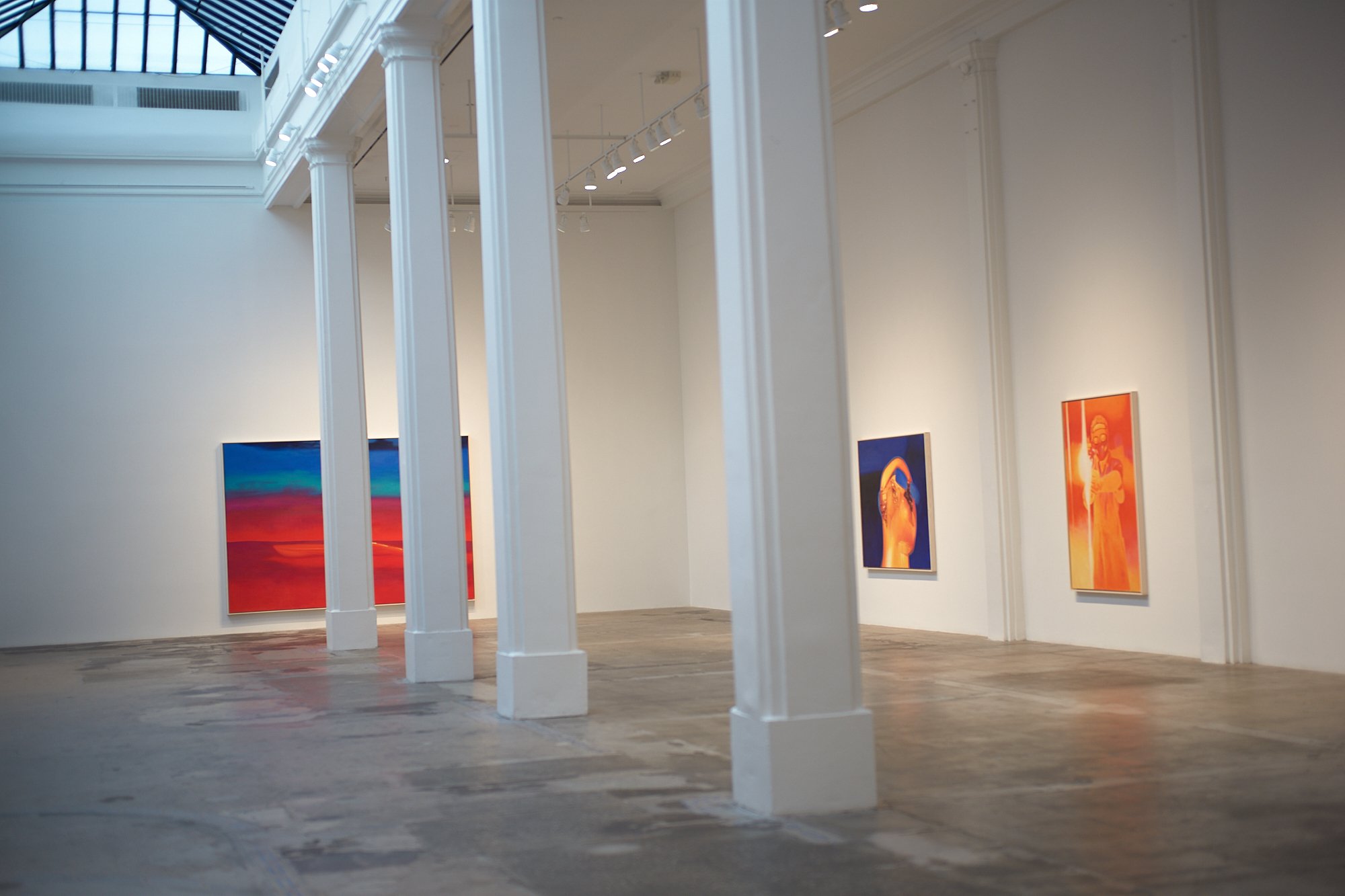Franz West
Philip Guston
ALESSANDRO PESSOLI The Golden Hour
THUS SPOKE THE RABBIT Group presentation
Sonya Sombreuil, Come Tees: Turn Magic Wheel
Peter Shire: Rumpus Room
Haas Brothers: Sunset People
Fred Wilson: Dramatis Personae
Nov 4 – Dec 22, 2023
PACE, Los Angeles
The Ghosts of My Friends - Elizabeth Neel
NONMEMORY
CURATED BY JAY EZRA NAYSSAN
IN COLLABORATION WITH THE MIKE KELLEY FOUNDATION FOR THE ARTS
HAUSER & WIRTH, Downtown LA
15 SEPTEMBER 2023 – 14 JANUARY 2024
STEFAN BRÜGGEMANN - WHITE NOISE
Hauser & Wirth
15 SEPTEMBER 2023 – 14 JANUARY 2024
DOWNTOWN LOS ANGELES
AGGRESSIVE DR1FTER,’ American artist and filmmaker Harmony Korine
HARMONY KORINE
AGGRESSIVE DR1FTER
15 SEPTEMBER 2023 – 14 JANUARY 2024
Hauser & Wirth, Downtown LA
How to be an Artist, by Jerry Saltz, #32 Art as a Verb, Zettel 162
In the past two hundred years or so, art has been treated as something we look at in clean, white, well-lit galleries and museums. It’s been made to seem passive: another tourist attraction to take a picture in front of before your move on. For most of its entire history though, art has been active: something that does thing to, or for us, that makes things happen. Holy relics in churches all over the world are said to heal. -
The Story of Art, E.H. Gombrich, page 577, Zettel 161
Picasso himself denied that he was making experiments. He said he did not search, he found. He mocked at those who wanted to understand his art. ‘Everyone wants to understand art. Why not try to understand the song of a bird?’ Of course, he was right. No painting can be fully ‘explained’ in words. But words are sometimes useful pointers, they help to clear away misunderstandings and can give us at least an inkling of the situation in which the artist finds himself. I believe that the situation which led Picasso to his different ‘finds’ is very typical of twentieth-century art. -
The Story of Art, E.H. Gombrich, page 564, Zettel 160
What upset the public about Expressionist art was, perhaps, not so much the fact that nature had been distorted as that the result led away from beauty…But the men who claimed to be serious artists should forget that if they must change the appearance of things they should idealize them rather than make them ugly was strongly resented. But (Edvard) Munch might have retorted that a shout of anguish is not beautiful, and that it would be insincere to look only at the pleasing side of life. For the Expressionists felt so strongly about human suffering, poverty, violence and passion, that they were inclined to think that the insistence on harmony and beauty in art was only born out of a refusal to be honest. The art of the classical masters, of a Raphael or Correggio, seemed to them insincere and hypocritical. They wanted to face the stark facts of our existence and to express their compassion for the disinherited and the ugly. It became almost a point of honour with them to avoid anything which smelt of prettiness and polish, and to shock the ‘bougeois‘ out of his real or imagined complacency. -
artist Marina Abramovic, from AKADEMIE X, LESSONS IN ART + LIFE
artist Marina Abramovic, from AKADEMIE X, LESSONS IN ART + LIFE
Excerpts from her message
AN ARTIST’S RELATION TO INSPIRATION
An artist should not lie to himself or to others
An artist should look deep inside himself for inspiration
The deeper he looks inside himself, the more universal he becomes
The artist is universe
The artist is universe
The artist is universe
AN ARTIST’S RELATION TO TRANSPARENCY
The artist should give and receive at the same time
Transparency means receptivity
Transparency means to give
Transparency means to receive
Transparency means receptivity
Transparency means to give
Transparency means to receive
Transparency means receptivity
Transparency means to give
Transparency means to receive
AN ARTIST’S RELATION TO SYMBOLS
An artist creates his own symbols
Symbols are an artist’s language
The language must then be translated
Sometimes it is difficult to find the key
Sometimes it is difficult to find the key
Sometimes it is difficult to find the key
AN ARTIST’S RELATION TO SILENCE
An artist has to understand silence
An artist has to create space for silence to enter his work
Silence is like an island in the middle of a turbulent ocean
Silence is like an island in the middle of a turbulent ocean
Silence is like an island in the middle of a turbulent ocean
AN ARTIST’S RELATION TO SOLITUDE
An artist must make time for long periods of solitude
Solitude is extremely important
Away from home
Away from the studio
Away from family
Away from friends
An artist should stay for long periods of time at waterfalls
An artist should stay for long periods of time exploring volcanoes
An artist should stay for long periods of time looking at fast-running rivers
An artist should stay for long periods of time at horizons where the ocean and sky meet
An artist should stay for long periods of time looking at the stars in the night sky
How to be an Artist, Jerry Saltz #31, Zettel 159
If you are stymied by some artists, keep their names on a list and keep coming back to them. You might start with Rembrandt, unflinching in depicting the physical weight of the world, every vulnerable. Or Constable, as elementally tactile as any artist who ever lived. Once an artist finally makes sense to you, take on a new one. You owe it to you yourself as a seeing machine -
How to be an Artist, Jerry Saltz #19, Zettel 158
A work of art cannot depend on explanation. The meaning has got to be there in the work. As Frank Stella said, “There are no good ideas for paintings, there are only good paintings.” THe painting becomes the idea…the artist can embed thought in any material.
How to be an Artist, Jerry Saltz #19, Zettel 157
Embed thought in Material. What does this mean? An artwork should express thought and emotion ( I contend that the two can’t be separated.) Your goal as an artist is to use physical materials to make these thoughts and emotions, however simple or complex, accessible to the viewer…Erick Fischl had said that he “wanted to paint what couldn’t be said.” All artists are trying, on some level, to do the same.























